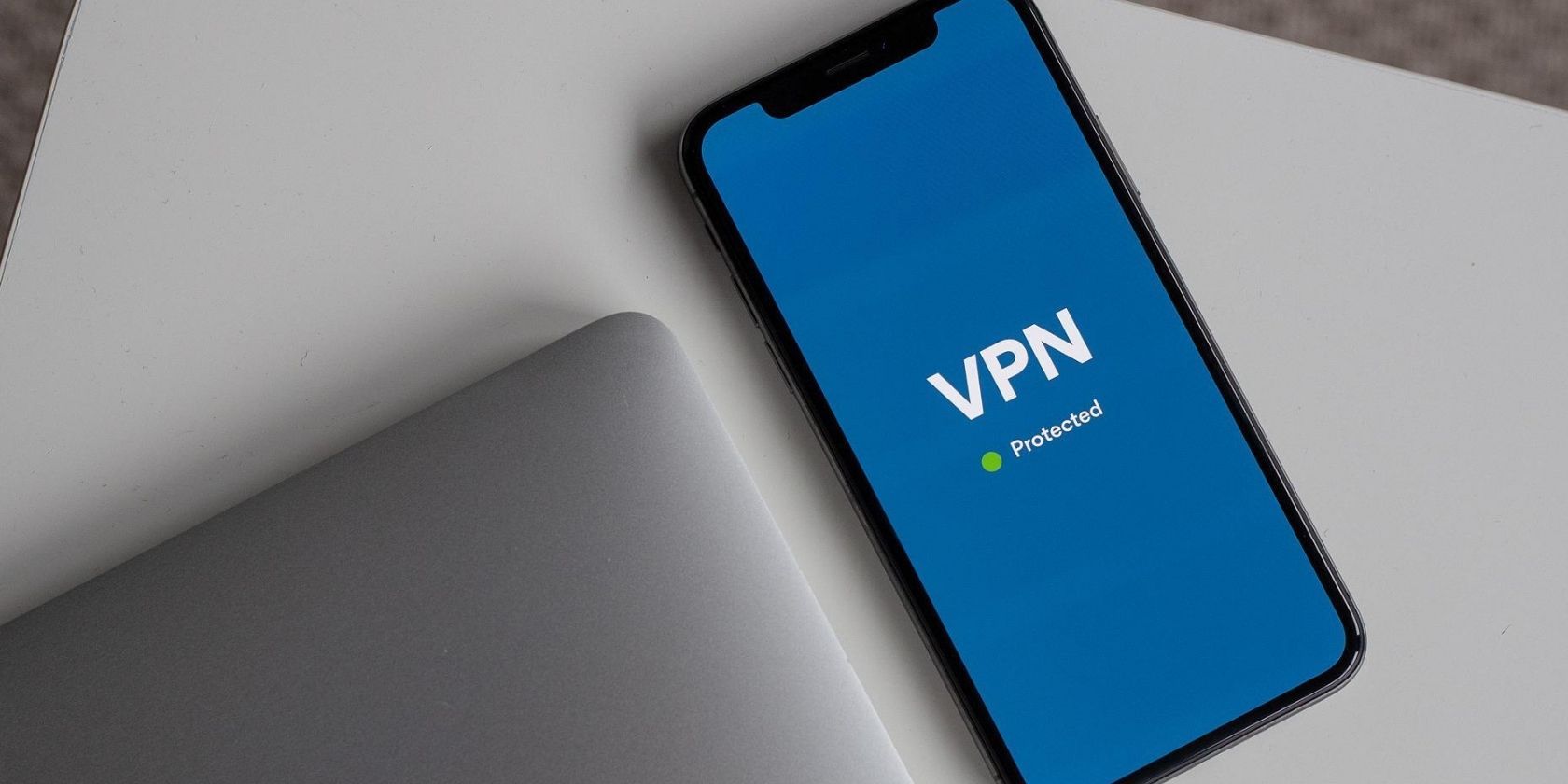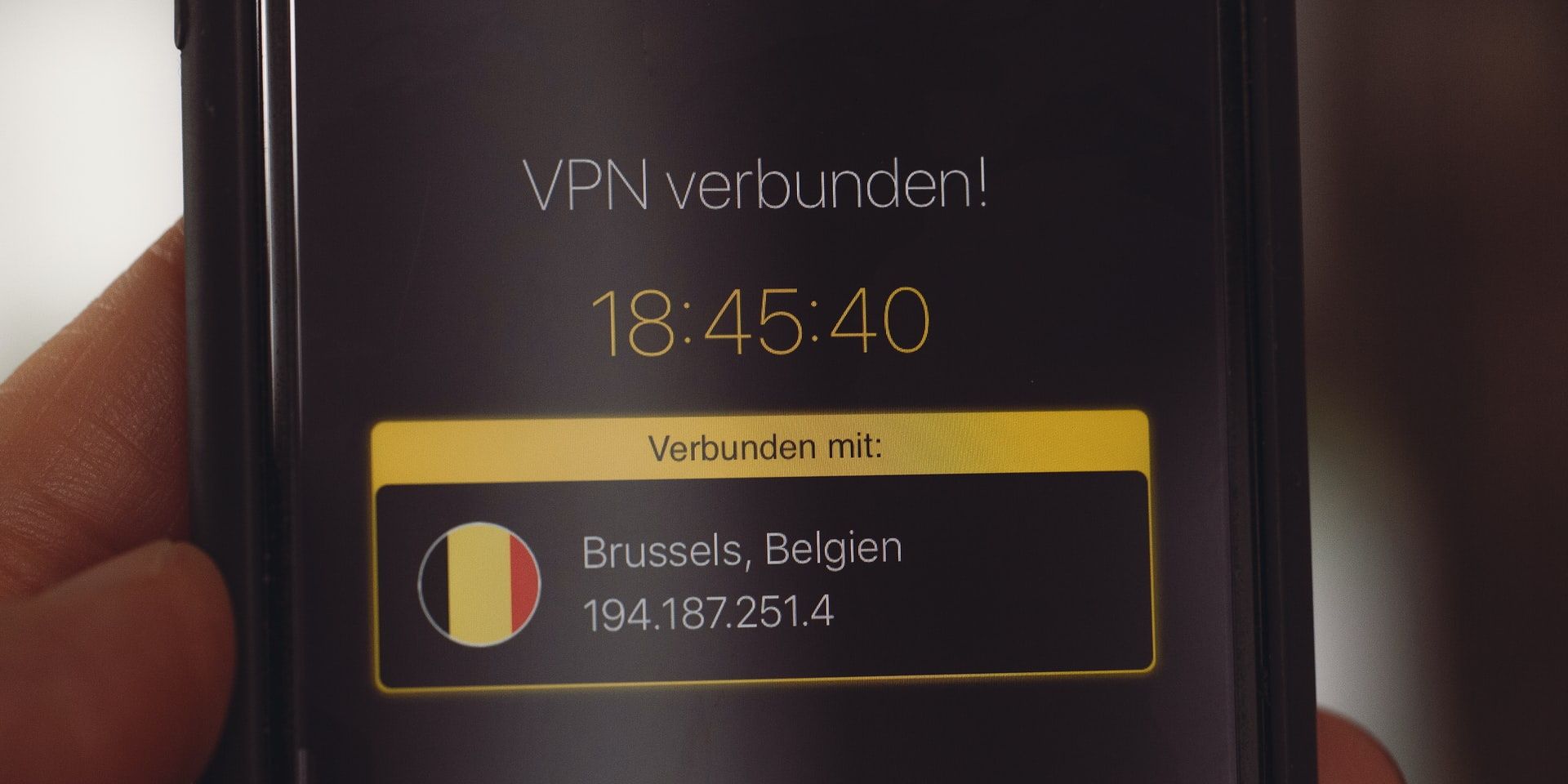The internet was born as a way for the US military to communicate securely and privately. Therefore, one could argue that VPNs (or the idea of communicating in an encrypted way) have existed since the early days of the internet.
However, the real history behind VPNs is far more interesting and worth knowing since it has quickly shaped the internet we use daily. So, let's dive into the history of VPNs and how they've evolved over the years.
What Does a VPN Do for You?
The VPN or private internet connection can be translated into a service that reinforces your security on the network when you connect through a public connection. This is done by VPN establishing a secure and encrypted connection between you and the internet.
In simple terms, you can describe a VPN as a private tunnel between your computer and the internet where your data and info can flow secretly/securely while using public networks.
One of the main drivers of VPN adoption in recent years has been the growing demand from users for several reasons, like dealing with cryptocurrencies, protecting your data from malware, and accessing geo-restricted content.
For example, streaming platforms like Netflix, Hulu, and YouTube often lock media content to certain countries, citing the lack of distribution rights. Modern VPNs encrypt your IP to make it appear like you're browsing the service from another country, allowing users to access this regional content no matter where they are in the world.
A cyber criminal can do a lot of harm by knowing your IP address, but a VPN will ensure that your online presence does not endanger your identity and private data. This is why VPNs are increasingly necessary as there are threats such as malware and hackers and the need to access geo-blocked content.
Although this is a recent issue, the VPN's origins go back to the early days of the internet itself, which first appeared in the 1960s.
TCP/IP, The VPN Forerunner
In the 1960s, when Elvis was in full swing, the US created the Advanced Research Projects Agency Network (ARPANET). The ARPANET was the first network system in history, developed by the US Department of Defense. ARPANET, in turn, led to the development of the Transfer Control Protocol/Internet Protocol (TCP/IP).
The TCP/IP established an encrypted communication protocol, which would be adopted by the commercial industry shortly after. Both the ARPANET and the TCP/IP became the technical foundation of the internet, and most consider the latter to be the forerunner of the idea behind a VPN.
The First-Generation VPNs of the 1990s
From 1992 to 1995, various institutions and companies started researching IP-layer encryptions that could be applied to the internet. The US Navy was one of the first to establish the Simple Internet Protocol Plus (SIPP) in 1992 to implement IP encryptions.
In 1993, John Ioannidis and a team from Columbia University and AT&T Bell Labs paved the way for the creation of the Software IP Encryption Protocol, much better known as SwIPe, the first VPN modality in history.
Columbia University and AT&T Bell Labs did succeed in creating the first iteration of the modern VPN, but only a year later, Xu Wei, sponsored by the White House's internet service project, built on their creation and created the Internet Protocol Security (IPsec) network.
Xu Wei worked for Trusted Information Systems (TIS), which used his research to make the first commercial IPSec VPN product. IPsec provides encrypted secured communication between two computers on an internet protocol network, and it's still in use on VPNs.
In 1996, Microsoft employee Gurdeep Singh Pall created the Point-to-Point Tunneling Protocol or PPTP. Gurdeep's PPTP is considered the oldest VPN protocol in the world and is credited with paving the way for all other VPNs. Although many claims that PPTP is the fastest protocol out there, it was designed for dial-up access and had the lowest level of encryption at the time.
At the same time he was developing PPTP, the internet was becoming more popular among everyday people and businesses, and the need for sophisticated consumer-ready security systems increased dramatically.
While antivirus software and firewalls at the time effectively prevented malware and spyware from infecting a computer system, individuals and businesses also required encryption software that could hide their internet browsing history from cybercriminals and be able to protect their data.
As this technology was expensive in its infancy, the first VPNs were generally only used by businesses exposed to several threats that could compromise the confidentiality of their information or steal critical data when they were still using open internet connections. This special security was also needed so that remote users or operators could use the institution's files without running the risk of them escaping.
However, after a series of high-profile security breaches, particularly in the early 2010s, individual consumers began looking to increase their security and privacy online. Around this time, tech organizations began to share and develop superior digital security. This type of technology passed to ordinary users on the internet, who, in addition to a safeguard when browsing the internet, sought to combat a new disadvantage: censorship for regional content and streaming services that began to implement this restriction.
Modern-Day VPNs (2010 - Present)
According to GlobalWebIndex, the number of VPN users worldwide more than quadrupled between 2016 and 2018. Also, one in five Internet users living in countries where internet use is restricted—Thailand, China, and Indonesia—relies on VPNs to circumvent the censorship.
Additionally, incidents like those of Edward Snowden and WikiLeaks revealed how fragile users' privacy on the web can be. Many of the sites you visit usually collect your data. And while some do it for commercial purposes or to achieve a more significant impact on their content, others do it under the guise of "improving the user experience," which translates to selling your information for marketing purposes.
In the early 2010s, VPN services on the internet started multiplying, each offering a unique feature for the requirements of each user. Initially, VPNs were mostly known for circumventing geo-restrictions. Although there are several ways to bypass block sites, using a VPN is the safest and easiest workaround.
And with the increasing popularity of streaming services that could block your access to content exclusive to a country, VPN services have become even more popular, mainly due to the fact that they have servers all over the world.
VPNs Have Shaped Our Use of the Internet
The future of VPNs looks very promising, as they increasingly offer more advantages to the user according to the difficulties that arise on the internet regarding security, speed, and access to content.
Over time, we believe that almost all internet users will extensively use VPNs, as a result of which information becomes more readily available, thereby increasing globalization and security for all.






